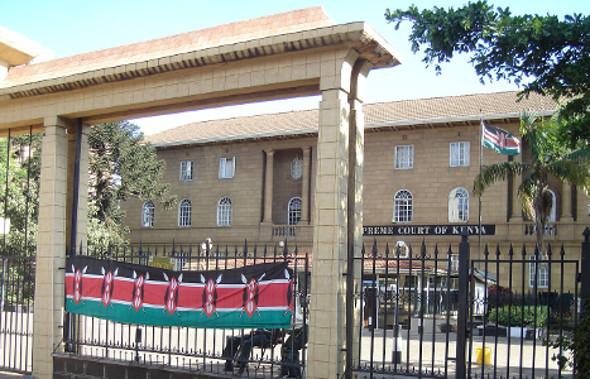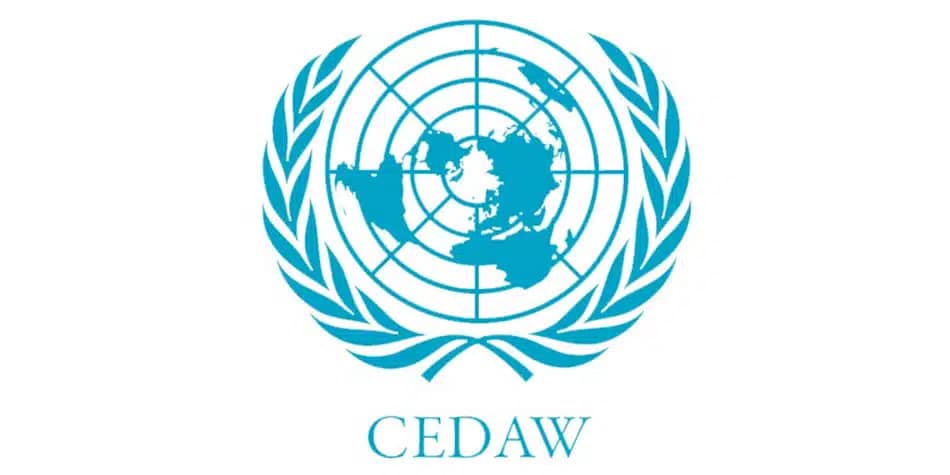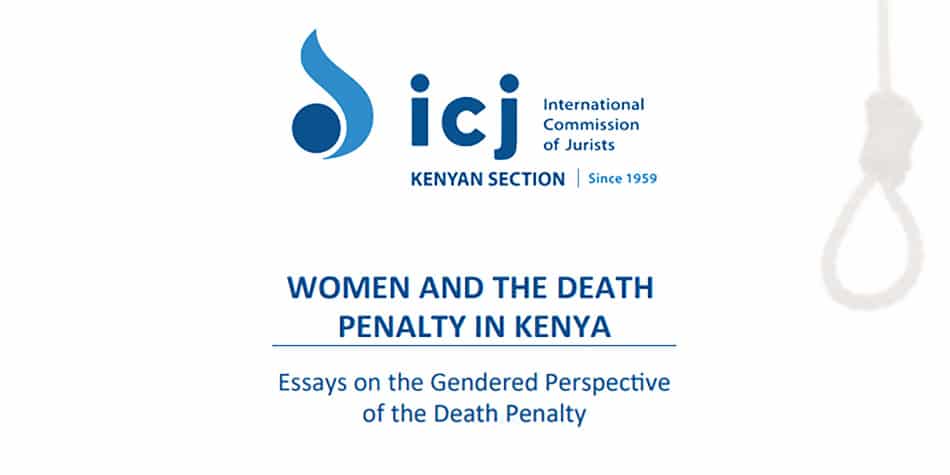
The Supreme Court of Kenya declares the mandatory death penalty unconstitutional
Good news
With the assistance of Death Penalty Project, the International Commission of Jurists, and the Kenyan National Commission on Human Rights, Wilson Mwangi and Francis Karioko filed a petition to the Supreme Court questioning the constitutionality of the mandatory death penalty for the crimes such as murder, treason and armed robbery. In their petition, both defendants argued that mandatory death penalty violated their right to a fair trial and constituted an arbitrarily deprivation of life. In his ruling, the Supreme Court’s judge Njoki Ndungu held that mandatory death penalty is “inconsistent” with the Constitution of Kenya: “The mandatory nature of the death sentences as provided under Section 204 of the Penal Code, is hereby, declared unconstitutional.”
More discretionary power for the Kenyan judges
A mandatory sentencing scheme is one where the imposition of a death sentence is automatic upon conviction of a crime. Indeed, Section 204 of the Penal Code stated that “anyone found guilty of committing murder, treason and armed robbery shall be sentenced to death.” Thus, this provision did not allow judges to have discretion or to consider mitigating circumstances. For instance, a court would not be permitted to consider mental disabilities or a clean criminal record: if found guilty, the defendant would be automatically sentenced to death. Putting an end to this system, the Supreme Court also asked the Attorney General and the Director of Public Prosecutions to review Mwangi and Karioko’s case but also all murder and robbery with violence cases similar as pertains sentencing.
The Supreme Court’s ruling marks the end of a period of uncertainty
It is not the first time that a Kenyan court rules on the legality of the mandatory death penalty. In 2010, the Court of Appeal at Mombasa held that the mandatory death penalty violated the right to life and the right to protection against arbitrariness and inhuman treatment. Despite this ruling, the Penal Code retained mandatory death sentences. In 2013, the Court of Appeal at Nairobi did not uphold the Mombasa precedent. Considering that it was up to the legislature to decide whether to retain the mandatory death penalty, the Court of Appeal of Nairobi applied the mandatory death penalty for armed robbery. Hence, the Supreme Court recent decision ended the conflict and definitively ruled on the unconstitutionality of the mandatory death penalty.
The decline of the mandatory death penalty
The Supreme Court of Kenya’s ruling illustrates a regional and global trend. According to the Cornell Center on the Death Penalty Worldwide, at least 18 countries have discarded the mandatory death penalty since 2000. Because the mandatory death penalty violates the right to a fair trial and access to justice, the Supreme Court of Malawi struck down the mandatory death penalty as unconstitutional in 2007. Two years later, the Supreme Court of Uganda followed the lead. It did not adopt the same rationale, however. Indeed, Ugandan judges declared the mandatory death penalty unconstitutional because of it violates equal protection rights and discriminates between death eligible and non-death eligible defendants. Observers hope that this jurisprudential impulse will push countries like Botswana or Burkina Faso, to abolish the mandatory death penalty, still allowed under some circumstances.
A first step towards a complete abolition of the death penalty in Kenya?
The abolition of the mandatory death penalty can also be seen as another evidence of the Kenyan unwillingness to support the death penalty. Indeed, with no executions since 1987, Kenya is considered as a de facto abolitionist country. Kenya also issued large mass commutations. To alleviate “the mental anguish and suffering, psychological trauma and anxiety” due to extended stay on death row, President Mwai Kibaki commuted the sentences of 4,000 death row prisoners to life imprisonment in 2009. In 2016, President Uhuru Kenyatta commuted all death sentences to life jail terms, removing 2.747 prisoners from death row. Despite these encouraging signs, Kenya has not signed the Second Optional Protocol to the ICCPR aiming at the abolition of the death penalty and Kenyan judges keep issuing death sentences. That is why abolitionists’ work remains more important than ever.
Categories
Kenya






